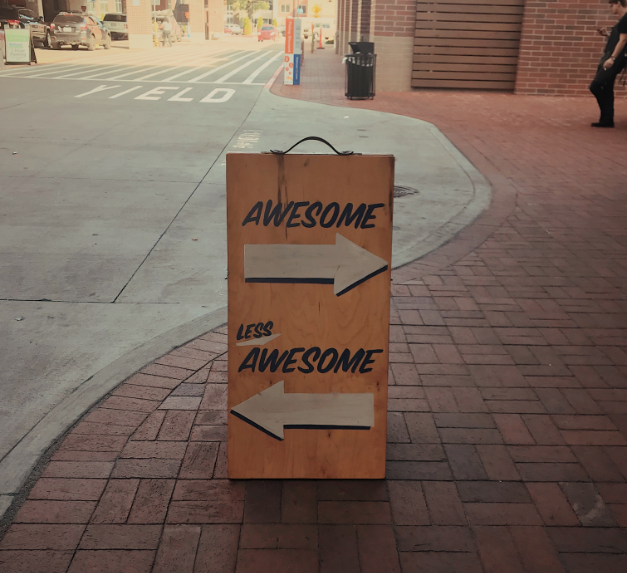Now that the announcement has been made and the wheels have been set in motion for a ban on single-use plastic bags, this next phase is crucial to the future of New Zealand.
Currently we are going through a period of consultation (if you haven’t had your say then do so here) to help determine exactly what bags the ban will apply to, whether or not any businesses will be exempt, what level of thickness that will be banned, and the length of the phase-out period.
Once it’s all decide and the powers-that-be lock in the new legislation then it really is crunch time.
You see it quite simply all comes down to change and how we manage that change.
And when I say “all” I quite simply me the survival of the human species and the future of our planet.
It really is a very basic equation. If we continue with our current linear economic model of extracting resources, making products and dumping them then we will throw the planet even further out of balance and disrupt the natural equilibriums that have evolved to allow life as we know it to exist.
We live within the laws of nature or we don’t live.
Our current relationship with petrochemical plastics is a sure fire way to disrupt the circular and balanced system of the natural world. Globally we produce over 300 million tonnes of plastics every 12 months (40-50% of which are single-use products), and horrifyingly it is predicted to double in the next 20 years.
Here in NZ transitioning away from those bastard plastic shopping bags is our first large-scale, nationwide, collaborative (although forced for many) transition to a circular solution.
So we have to get this right!
If we can successfully and quickly transition the whole country to living without plastic shopping bags, while maintaining law and order and economic stability, well then we can move on to the bigger challenges with a real sense of confidence and momentum (as well as a minor sense of “I told you so…”).
Although plastic bags are just a small part of the overall waste crisis, and there are many Kiwis who live very good lives without them, we can’t underestimate the impact and the challenge this ban will create for millions of New Zealanders.
It’s the fact that the bags are so ingrained in people’s lifestyles, and that their usage has allowed for throwaway behaviours to become habitual that will make the change so hard for so many.
Because ultimately, as we all know, this is about a behaviour change.
We need all Kiwis (who haven’t already made the change) to learn a new habit to take a bag shopping. Every time.
Behaviour change and creating new habits is inherently hard, it takes effort, and for most, it’s extremely uncomfortable. People are uncomfortable with the unknown, people are uncomfortable with the knowledge that their current ways are damaging, and people are uncomfortable with being wrong.
And when we are uncomfortable and we are made to feel like we are doing wrong, we push back. We fight back. We justify our behaviour with the strangely accepted justification that others are also doing it, we argue that there are other bigger problems we should be focused on, or we simply deny that there is even a problem.
This is why the managing of this plastic bag ban is so crucial.
We have seen around the world examples of national and state governments introducing new laws such as banning bags or applying a mandatory levy, with some even going as far as making prison time a potential punishment (imagine the state of our prisons should we introduce that here…), but we see very little collaborative efforts to help each other through the changes.
And what has occurred in many of these places is that the plastic pollution has not been reduced but merely reallocated. States in Australia have seen a reduction in “single-use” plastic bags as they are classified but an increase in the use of thicker (more plastic) “long-life bags”, and bin liners. In other nations, there has been the emergence of plastic bag “black markets”.
This is what happens when decisions are made and policies implemented without collaborating with or including the public or businesses.
The plastic pollution crisis is so bad that we can not simply stop at plastic bags. Quite the opposite. We start with plastic bags and then we use them as the poster child to engage, educate, inspire and empower individuals, families, communities, and businesses all across New Zealand to face up to the massive problem, be awakened to the huge opportunities, and to become a part of solving plastic pollution. Together!
When people and businesses are included and are engaged with then we get collaboration, we get innovation, we get creativity and we get real problem-solving.
Why not help a fellow shopper who forgot their bag by carrying some of their goods for them? Why not give a spare reusable bag away to someone who needs one, or make reusable bags out of unwanted clothes, curtains or other material for others? Why not join existing bag making community groups, or set up bag exchange systems in stores and within communities?
Why not have an app that provides a reminder to the users when they are about to leave (maybe a tad intrusive?), or a nationwide campaign that shares tips and tricks on how to learn the new habit (shameless plug), or bags that have written reminders at the bottom (that you see after unloading) to put them back in your car or beside the front door?
I’m confident.
I really do think we can do it and we won’t have anything near the level of embarrassing behaviour that went on in Australia recently. As much as I’d like to take a dig at the Aussie character it was the lack of support, help, and inclusiveness that was to blame for their meltdown.
Whereas here in NZ I see retail stores putting up signs in their car parks or instore reminding customers to bring their bags, I see dozens of plastic bag related community groups around the country, I see multiple Facebook groups sharing tips and tricks, I see countless schools engaging their students to make bags or help their families make the change and I’ve seen more a more Kiwis taking their bags shopping.
But as hopeful as the above makes me, it’s crucial that we remember that we have to scale up these efforts in a big way. Still, the majority of New Zealanders will use a plastic bag today.
So as we go through this transition away from plastic shopping bags, let’s be bold, let’s be brave, let’s be determined and let’s make this the start of our transition to a circular economy and an Aotearoa free of plastic pollution. But let’s also be inclusive and empathetic.
We got this New Zealand!
Nick Morrison
Co-Founder “Bags Not”
Founder/Director Go Well Consulting

